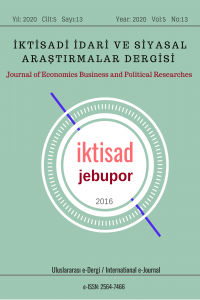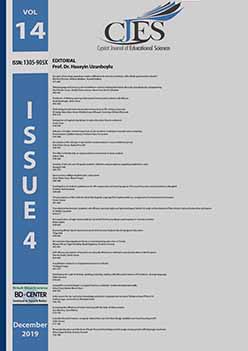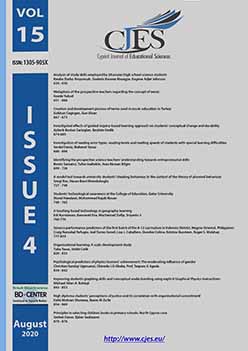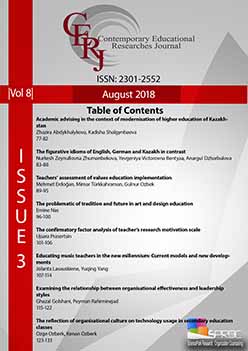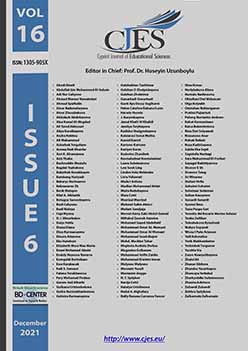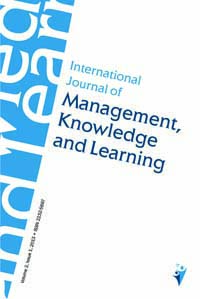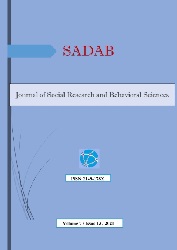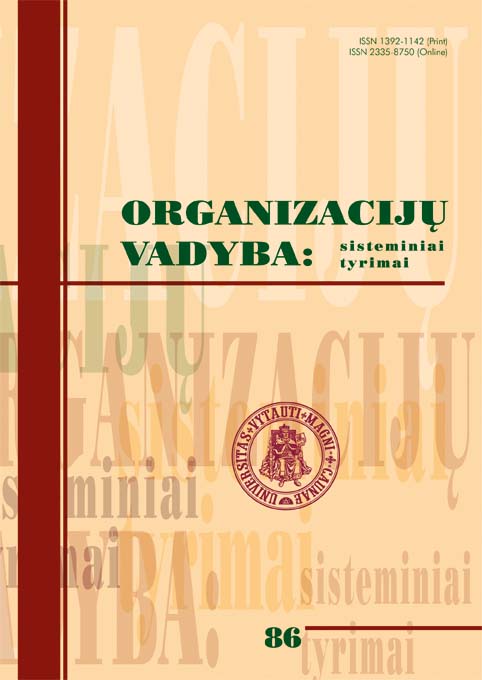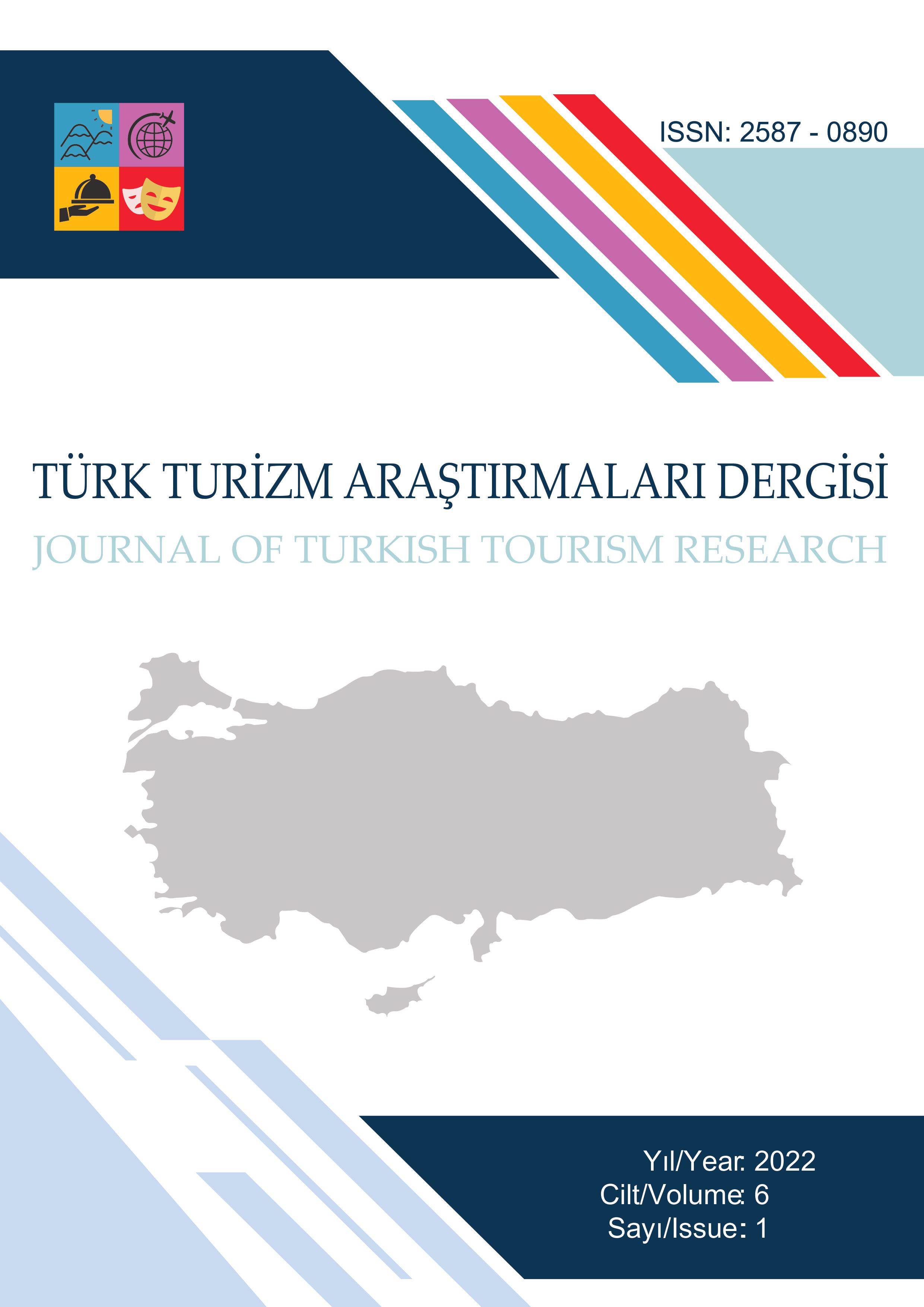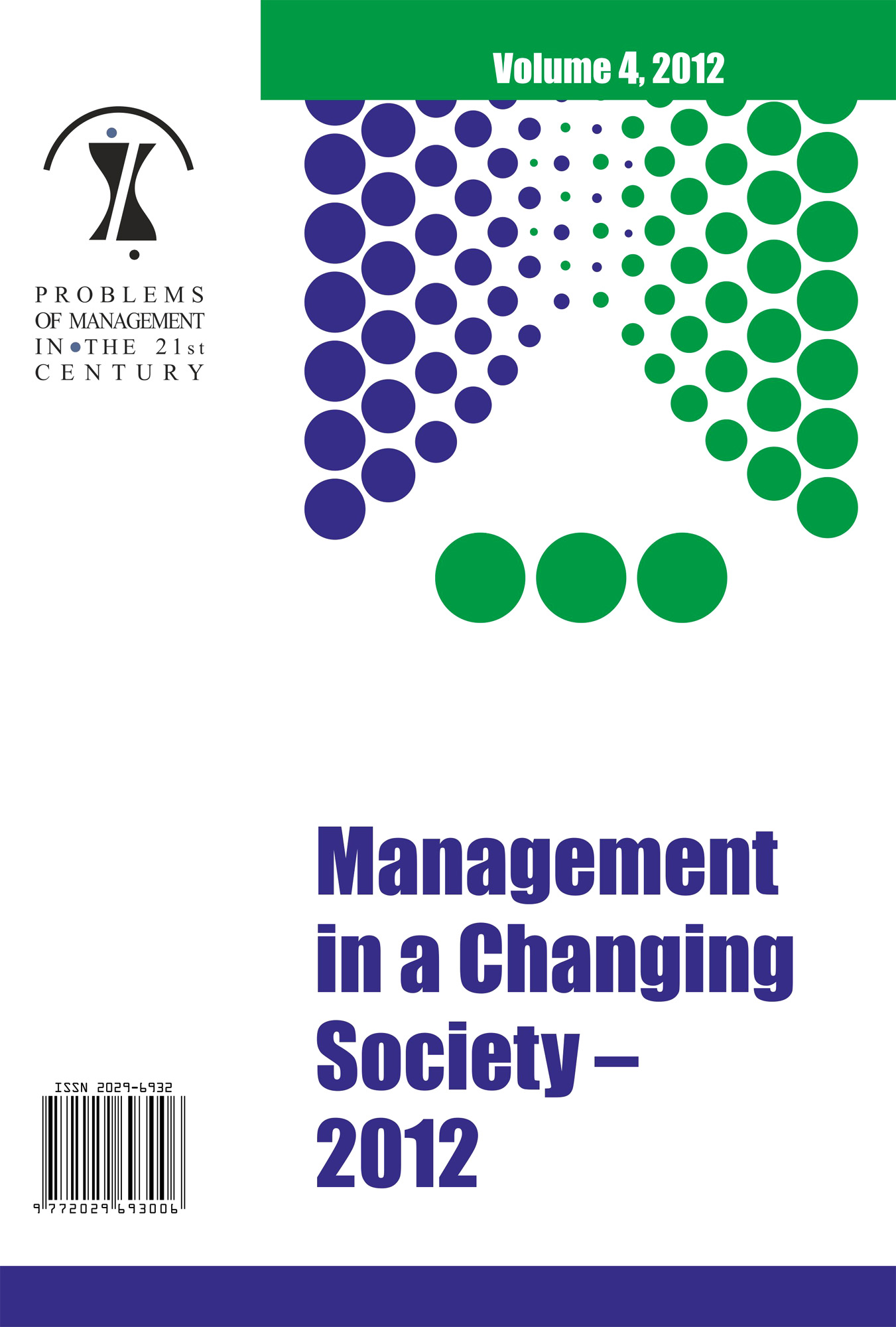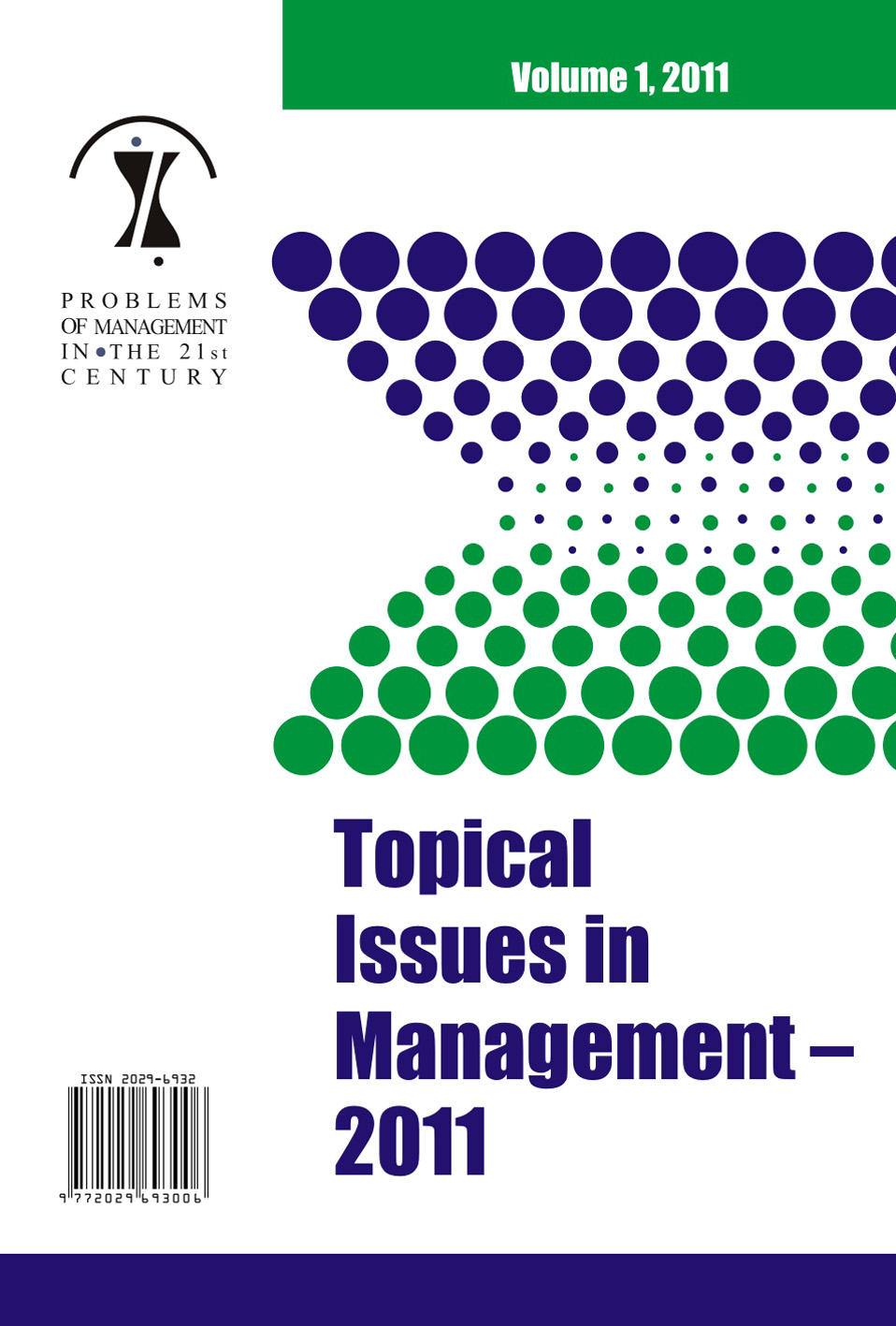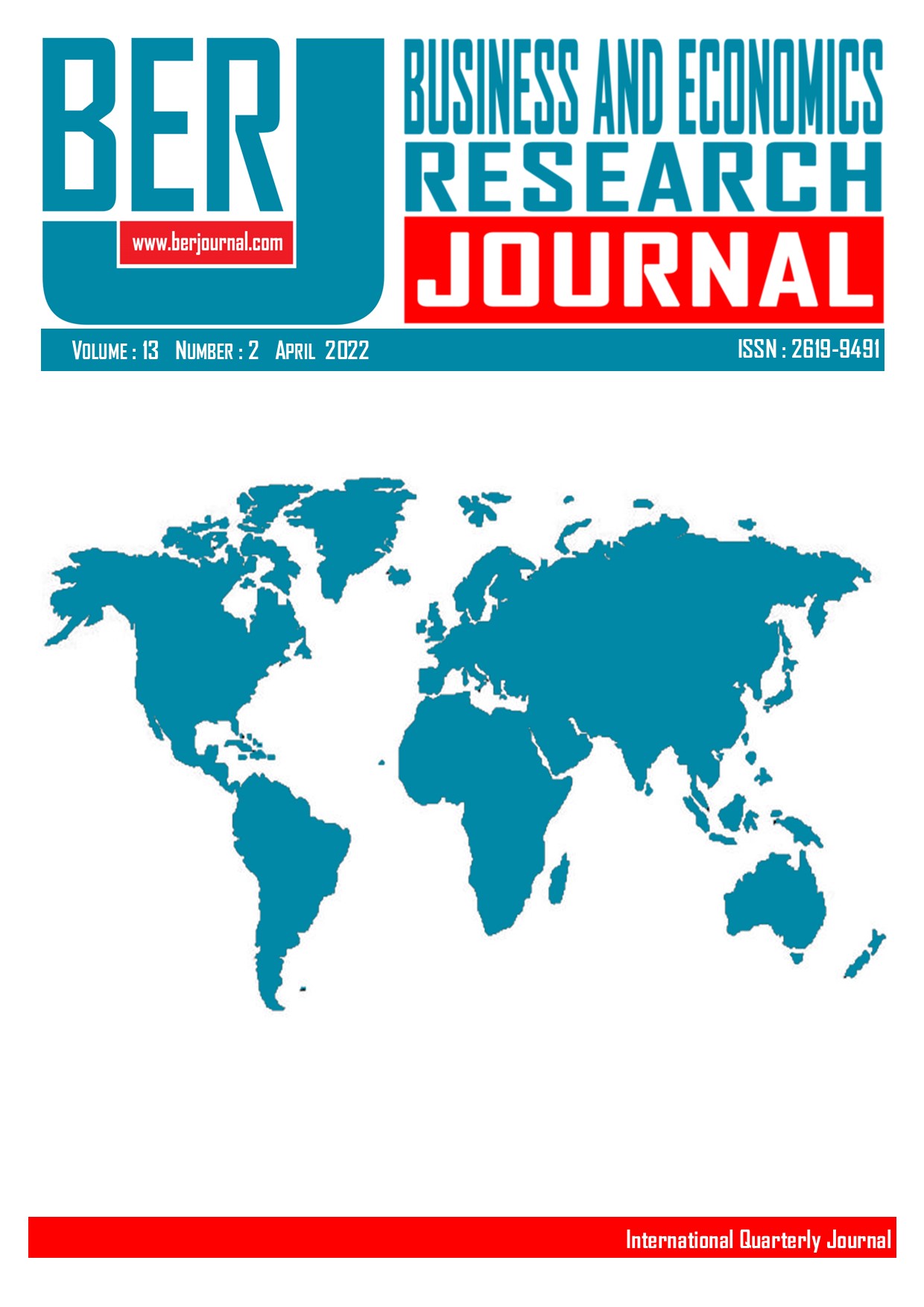Predikcija intenziteta i namere traženja posla na uzorku nezaposlenih
In this study Ajzen' theory (1991) of planned behavior was used to predict job - seek intention and behavior among unemployed people (N = 650). In addition to theory of planned behavior variables (job - seek attitude, subjective norm, self - efficacy and controllability of job seek process) we used several other psychological (financial pressure, self - mastery, self - esteem and depression) and demographic (gender, age, education, marriage and lent of unemployment) variables to build a model of predictors for both criterium variables. Financial pressure, intention to seek employment, job seek - self - efficacy, job - seek controllability, marriage and job - seek attitude predicted job - seeking behavior, while attitude toward job - seeking, subjective norm, job - seek self - efficacy and financial pressure predicted job seek - intention. Results are discussed in light of theory of planned behavior, current research of job - seeking behavior and recommendations are made for practice.
More...
